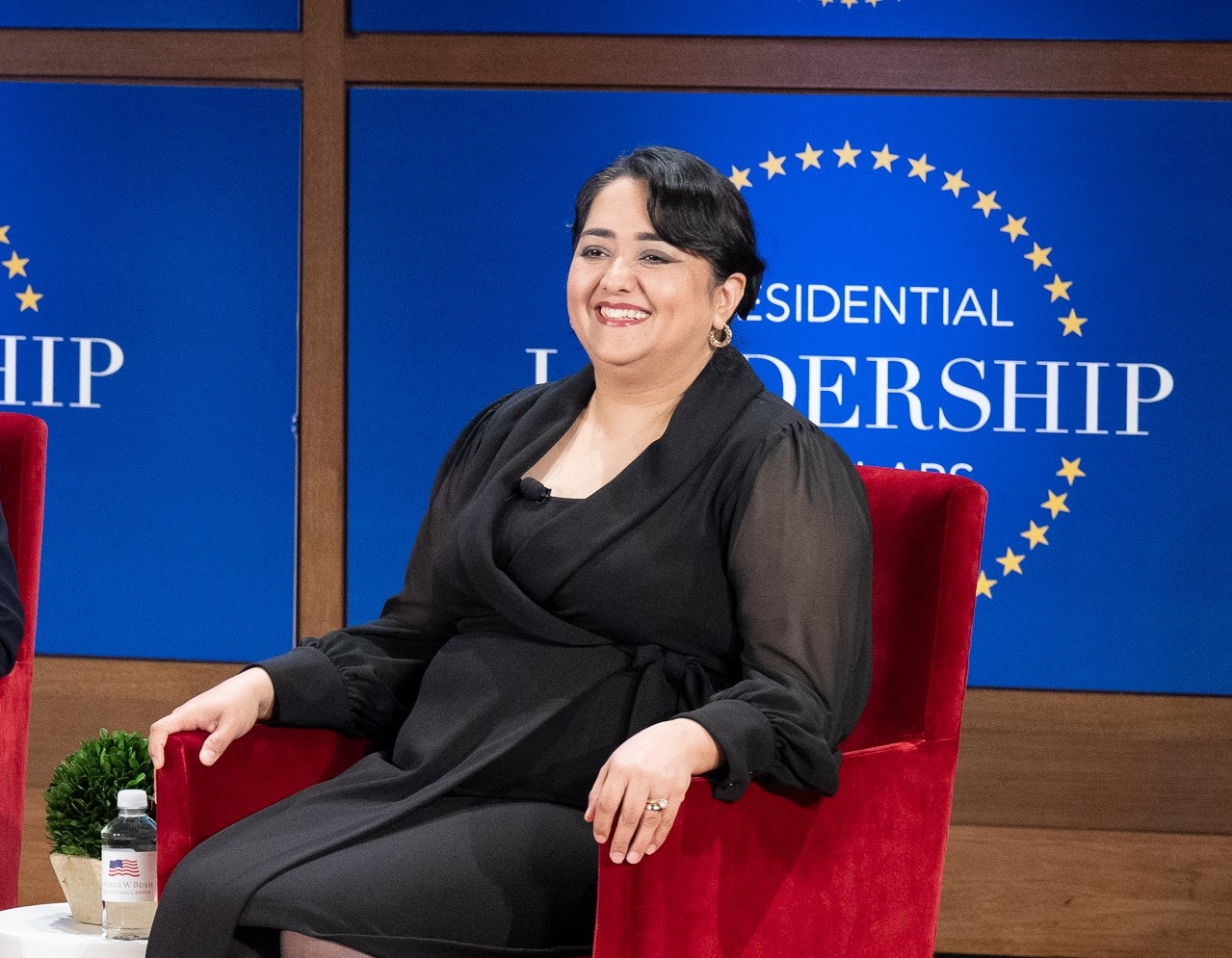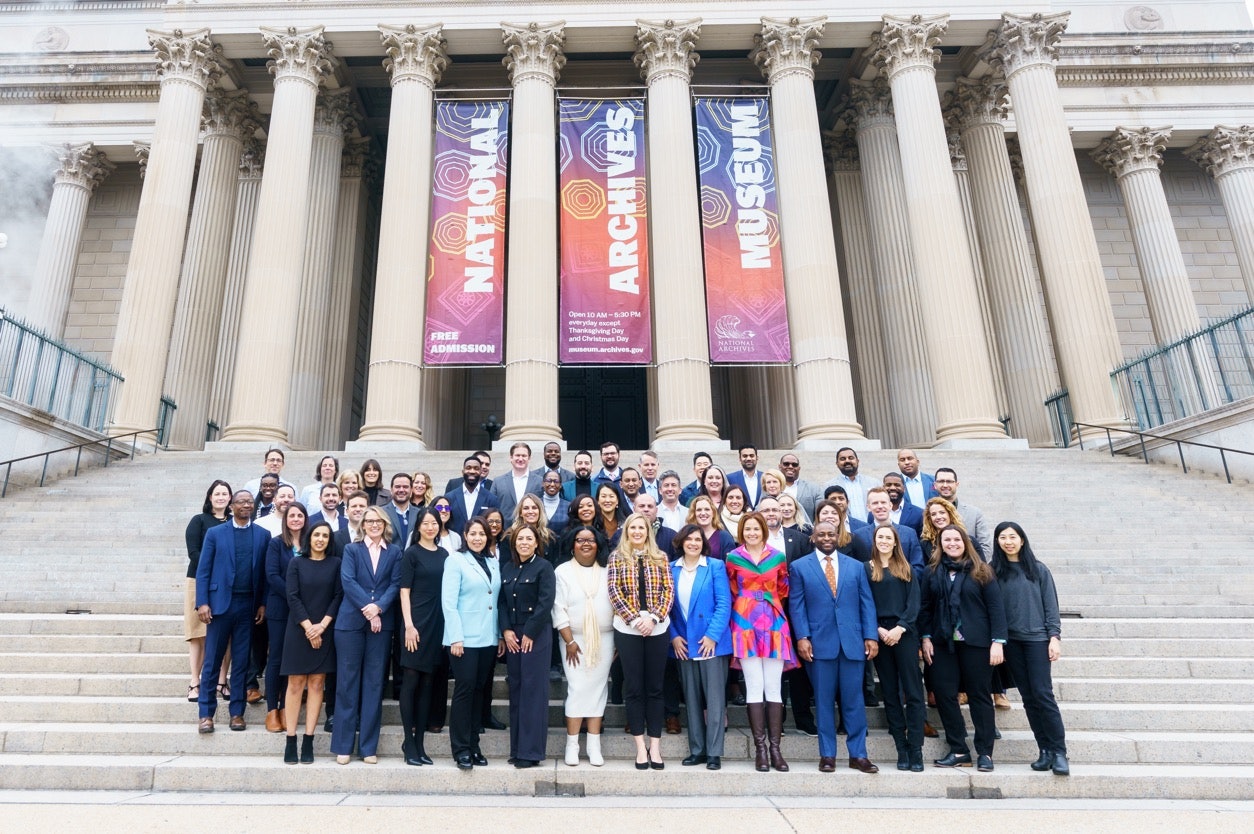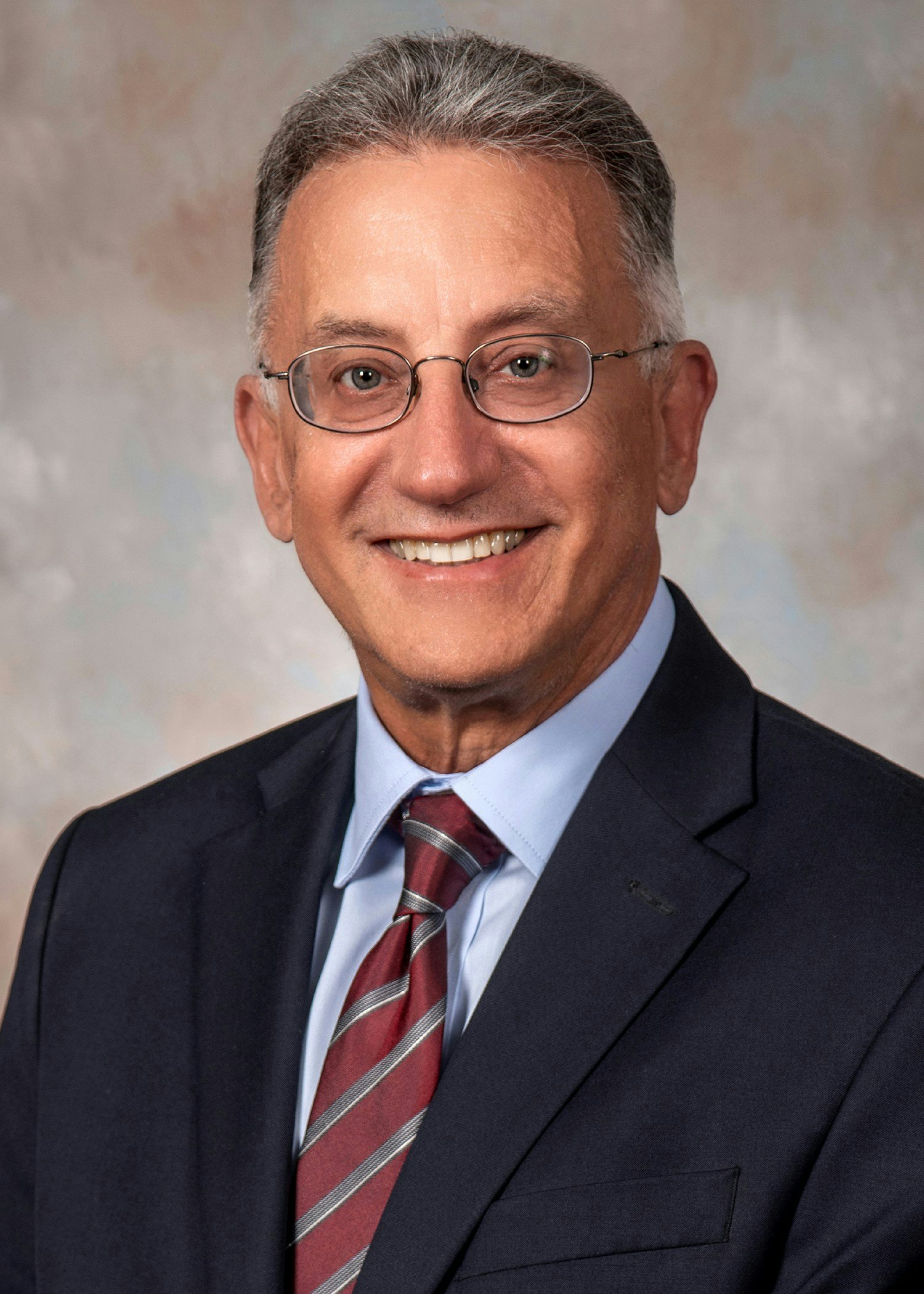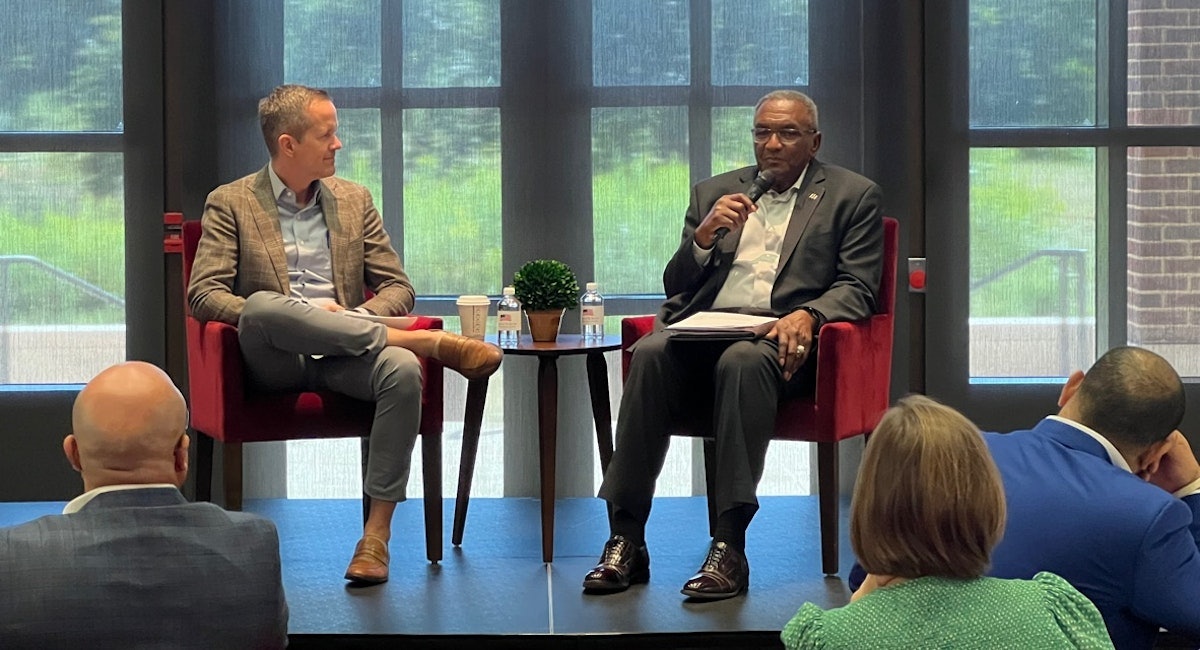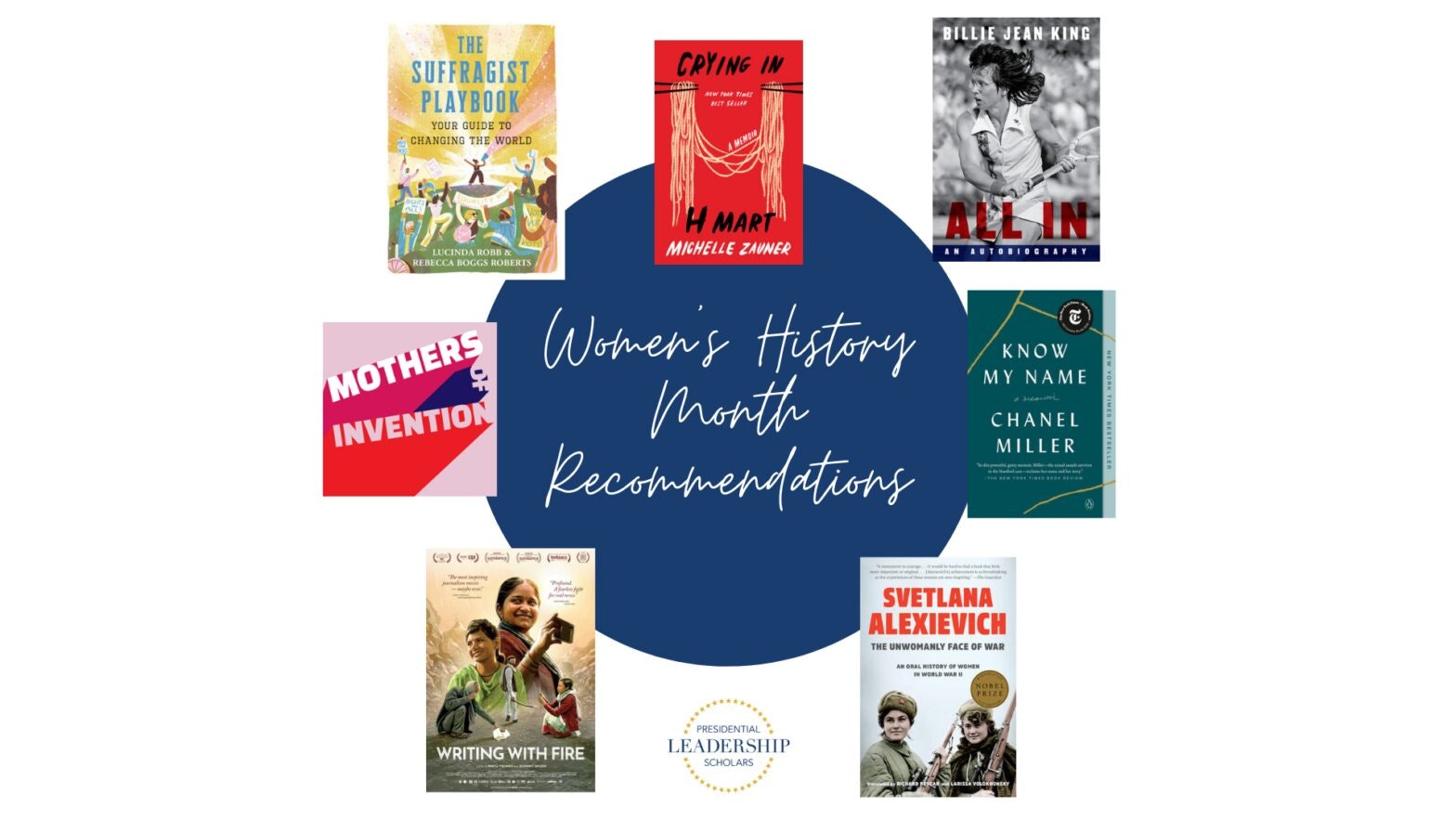This week in Austin, participants in the Presidential Leadership Scholars initiative are meeting at the LBJ Presidential Library. The program is a...
This week in Austin, participants in the Presidential Leadership Scholars initiative are meeting at the LBJ Presidential Library. The program is a shared undertaking by the presidential centers of Lyndon Johnson, George H.W. Bush, William J. Clinton, and George W. Bush. Previously, the scholars have met at Mount Vernon and the centers of Presidents William J. Clinton and George W. Bush. In each setting, they have studied presidential decisions and heard from participants in administrations as well as leading academics, all as a way to help the prospective leaders learn how to face the challenges they and the nation will one day encounter.
As the PLS program unfolds, this blog is talking with leadership theorists, historians, and former administration officials about elements of effective leadership. In this interview, Mark Updegrove, director of the LBJ Presidential Library, discusses the role of patience, passion, and public opinion in leadership. An author and historian, Updegrove explains how each of these impacts the decision-making of leaders.
What is the role of patience in effective leadership? Lyndon Johnson passed major civil rights and domestic legislation, but he also knew he had to wait for the right moment to act.
If you look at LBJ’s leadership, patience was paramount. While he was intent on passing certain pieces of legislation—like the Voting Rights Act of 1965, for example—he knew the timing had to be right.
Despite his fierce desire to ensure voting rights for all Americans, he sensed instinctively that he couldn’t get the Voting Rights Act through Congress so soon after passing the Civil Right Act in 1964. But after civil rights demonstrators were brutalized by Alabama state troopers in Selma, Alabama, as they attempted to march to Montgomery, in March of 1965, Johnson seized the moral imperative to get reluctant lawmakers to pass the bill. He didn’t let the crisis go to waste.
Where did his sense of timing come from?
It came from knowing lawmakers as well as he did. He had spent years in Congress getting to know his fellow members. He had an acute sense of what motivated them and how and when he could get them to move on certain issues.
Turn this around, what is the role of impatience? Whether in political office, an executive suite, or a university post, a leader may only have so much time to achieve his or her goals.
You have to be impatient as well. Ronald Reagan is a great example. He had a few major things he wanted to accomplish and concentrated on them. One of them was overcoming the Soviets in the Cold War. He became impatient with our strategy of détente with the Soviet Union, and set out to hasten the demise of the Soviet empire. And he set his agenda accordingly.
He didn’t worry a lot about the little things, but focused his time and energy on the big things he wanted to see through. You need to do that as a leader. It becomes problematic when you have too many things on an agenda.
Also, as leaders we can get consumed by daily routines and unexpected events. We need to guard against distractions that take our eyes off the ball.
What role does passion play in leading people? Lyndon Johnson’s passion for civil rights was born out of his own experiences in the Texas Hill Country. Yet too much passion can cause problems, like clouding one’s judgment.
Passion is very important. Passion can motivate those around you to rally around your vision. It can convey that you care deeply about an issue and that it’s meaningful.
You can see Lyndon Johnson’s passion at certain moments in his presidency. You see what drives him. In many cases it was personal. It relates to his history.
In his most enduring speech—and perhaps his most important—he gave a plea for voting rights in a televised address before Congress, on March 15, 1965. In it, he relates his experience as a teacher in Cotulla, Texas, a job he took in his early twenties to raise money to finish college. He taught poor, disenfranchised Mexican-American students, and through them, saw the scars of poverty, bigotry, and injustice. In the speech, he said that he never expected to be in a position to wield the power to help those students and those like them throughout the nation. But, as he said, “Now, I do have that power—and I’ll let you in on a secret: I mean to use it.”
But passion also can get in the way.
There are times when passion is vital, and times when being dispassionate is the most prudent course.
Here’s a good example of dispassion being the right approach: George H.W. Bush as the Soviet Union began to crumble. For a good Cold Warrior, as Bush was, it must have taken great restraint not to dance on the fallen Berlin Wall—at least metaphorically—and proclaim American victory in the Cold War. But he knew that doing so might compromise Mikhail Gorbachev’s leadership, which could result in Gorbachev being toppled by hard-liners trying to preserve the Soviet Empire.
As a result, the Cold War ended with a whimper, not a bang. George H.W. Bush’s dispassionate leadership helped to ensure that.
To what extent do leaders have to court public opinion?
At times leaders need to go against public opinion, knowing that it’s the right thing to do and hoping the public will eventually see the wisdom of the decision, and at times they have to trust the will of the people.
How do they know the difference?
A leader has to follow his or her instincts. Gerald Ford’s pardon of Richard Nixon is an example. Ford knew that the public opposed a pardon of Nixon. But he also knew that we had to get the legal fate of Nixon behind us, if we were to move to more pressing issues like a foundering economy.
When the pardon was granted, Americans opposed it two to one, and it cost Ford the presidential election of 1976 to Jimmy Carter. Still, he never doubted that it was the right thing to do—and history has proven him to be right.



